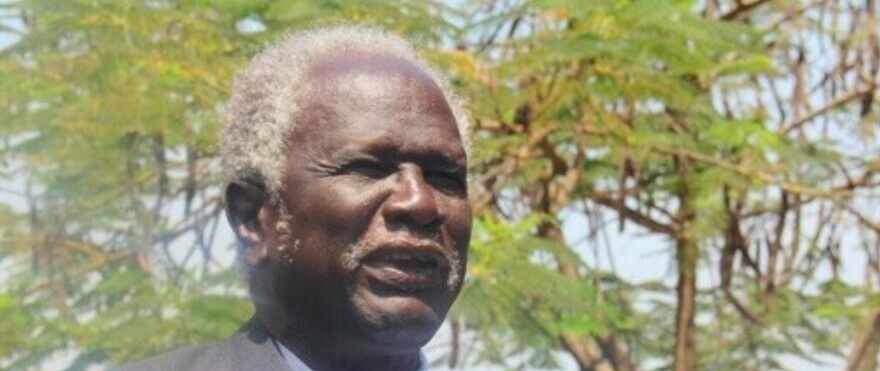In part two of Radio Tamazuj’s exclusive interview with Prof. Abednego Akok Kacuol, Chairperson of South Sudan’s National Elections Commission, critical questions surrounding the upcoming elections are raised.
From the differing views on timing to potential logistical hurdles, Prof. Kacuol provides insights into the commission’s strategies and encourages citizens to embrace the electoral process.
Below are edited excerpts:
Q: The time constraint for elections is a concern, especially among various political parties, except for the SPLM party. How do you plan to address this divergence in perspectives?
A: Success hinges on our collective seriousness. As a technical representative of the commission, our commitment is to truthfully convey information. If the decision is to proceed with elections, the responsible parties must ensure the budget, establish sub-offices, and provide necessary mobility to different areas.
I want to emphasize to our citizens that elections are an opportunity to assert their rights. It grants them the power to choose who governs the country, a fundamental right every South Sudanese should exercise to influence the nation’s future positively.
Q: Statements from the UN, EU, and even First Vice President Riek Machar suggest the country isn’t ready for elections. How do you respond?
A: My role is purely technical, not political. International entities, including the UN, state that financial support is contingent on the government clearing our budget. Reflecting on Rwanda’s experience, where western countries insisted on elections but withheld financial aid, they eventually conducted a voluntary election in 2017. Everyone willingly registered, leading to a successful democratic transformation. I encourage our leaders to embrace this electoral process as their own project, emphasizing its significance.
Q: Is there enough time for a population census?
A: Currently, it’s not feasible. We’ll rely on the 2008 census as a reference for constituency division.
Q: How reliable is the 2008 population data for 2024?
A: It serves as a reference. We will validate it by visiting towns and villages where voters must present their birth certificates.
Q: How do you plan to prevent fraud in this election?
A: Fraud and rigging will not be there because during the voting there will be international and regional observers. Also, representatives of all the parties will be present and all the voters will be registered before the voting process. During the voting process, voters, including youth, women, and elders, are familiar with each other in rural areas.
Q: What plans are in place for challenges like bad roads and logistics?
A: The commission has its responsibilities, and authorities handle security challenges, bad roads, and logistics decisions. Civic education, with monitors during registration, ensures compliance with the electoral law, allowing only those above 18 to register. Our encouragement is for people to read the electoral law and stay informed.
Q: How will the commission address logistical challenges if authorities are unable to fulfill them during the election process?
A: Funding is crucial. I intended to go to Yambio, but the lack of mobility hinders me. I contacted an international organization willing to provide cars and planes for distant travels without monetary requirements. However, they insist the government pays first.
Q: Any final message for the people of South Sudan?
A: I encourage our people to seize this opportunity to exercise their rights to vote for the people of their choice.




